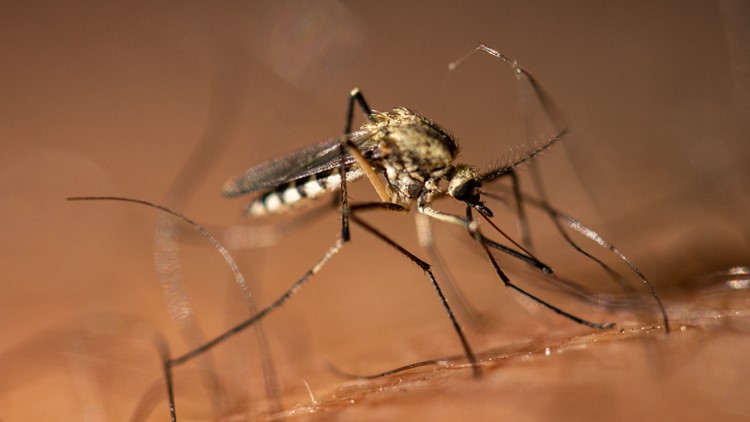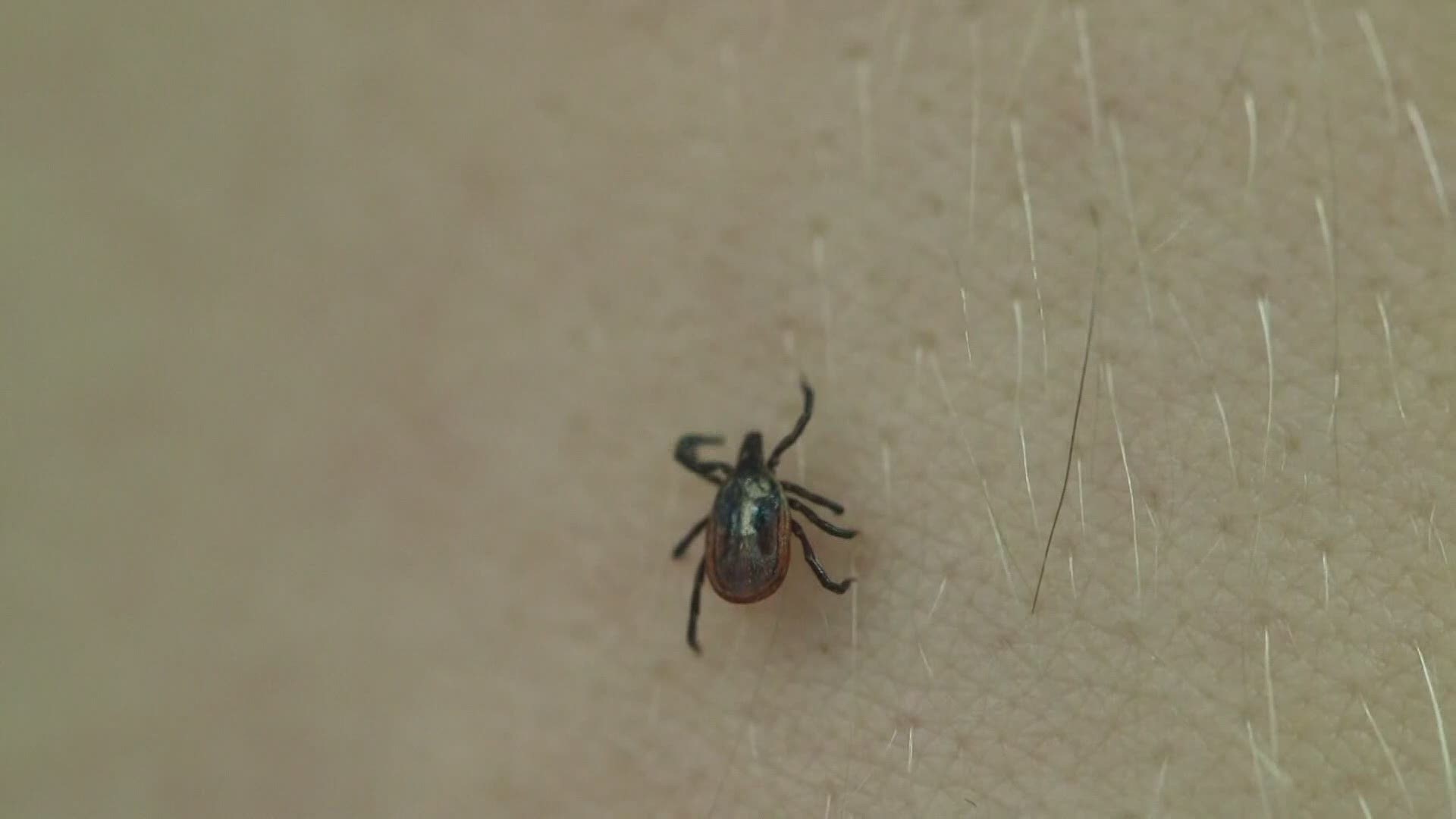NEWAYGO COUNTY, Mich. — The Michigan Department of Agriculture and Rural Development (MDARD) confirmed Tuesday Eastern Equine Encephalitis (EEE) was found in two horses in Newaygo County.
According to the state's weekly summary of arbovirus activity, EEE has been reported in ten horses across four counties: 3 in Clare County, 1 in Kent County, 4 in Montcalm County, and the two horses in Newaygo County.
In 2019, Michigan experienced its largest ever outbreak of EEE. Ten Michigan residents were infected: 1 in Barry County, 2 in Berrien County, 1 in Calhoun County, 2 in Cass County, 3 in Kalamazoo County, and 1 in Van Buren County. There were six deaths. The state said 50 EEE-positive animals were also reported.
What is EEE?
EEE is a viral disease, transmitted by mosquitoes to both animals and people. EEE is one of the most dangerous mosquito-borne diseases in the U.S., and the virus is typically seen in late summer to early fall each year in Michigan. While horses are highly affected by the disease, people can also be infected with EEE from the bite of a mosquito carrying the virus.
Signs of EEE in humans
In humans, signs of EEE include the sudden onset of fever, chills, and body and joint aches. EEE infection can develop into severe encephalitis, resulting in headache, disorientation, tremors, seizures and paralysis. Permanent brain damage, coma and death may also occur in some cases.
To protect your horses and other domestic animals (such as dogs, sheep and goats), the department recommends:
- Talking to a veterinarian about vaccinating horses against EEE.
- Placing livestock in a barn under fans (as mosquitoes are not strong flyers) during peak mosquito activity from dusk to dawn.
- Using an insect repellent on an animal that is approved for the species.
- Eliminating standing water on the property—i.e., fill in puddles, repair eaves, and change the water in buckets and bowls at least once a day.
- Contacting a veterinarian if an animal shows signs of the illness: fever and stumbling, which can progress to being down and struggling to stand.
To protect yourself and your family, here’s what the health department provided:
- Apply insect repellents that contain the active ingredient DEET, or other U.S. Environmental Protection Agency-approved products, to exposed skin or clothing and always follow the manufacturer’s directions for use.
- Wear long-sleeved shirts and long pants when outdoors. Apply insect repellent to clothing to help prevent bites.
- Maintain window and door screening to help keep mosquitoes outside.
- Empty water from mosquito breeding sites around the home, such as buckets, unused children’s pools, old tires, or similar sites where mosquitoes may lay eggs.
- Use nets and/or fans over outdoor eating areas. Overall, mosquito-borne illnesses, like EEE, will continue to pose a risk to both animals and humans until late fall when nighttime temperatures consistently fall below freezing.
- A sanitarian for DHD#10 is currently performing mosquito trapping in Newaygo and Oceana counties to determine if there are mosquitos found with EEE.
For more information about mosquito-borne diseases, visit Michigan.gov/emergingdiseases.
RELATED VIDEO:
►Make it easy to keep up to date with more stories like this. Download the 13 ON YOUR SIDE app now.
Have a news tip? Email news@13onyourside.com, visit our Facebook page or Twitter. Subscribe to our YouTube channel.




